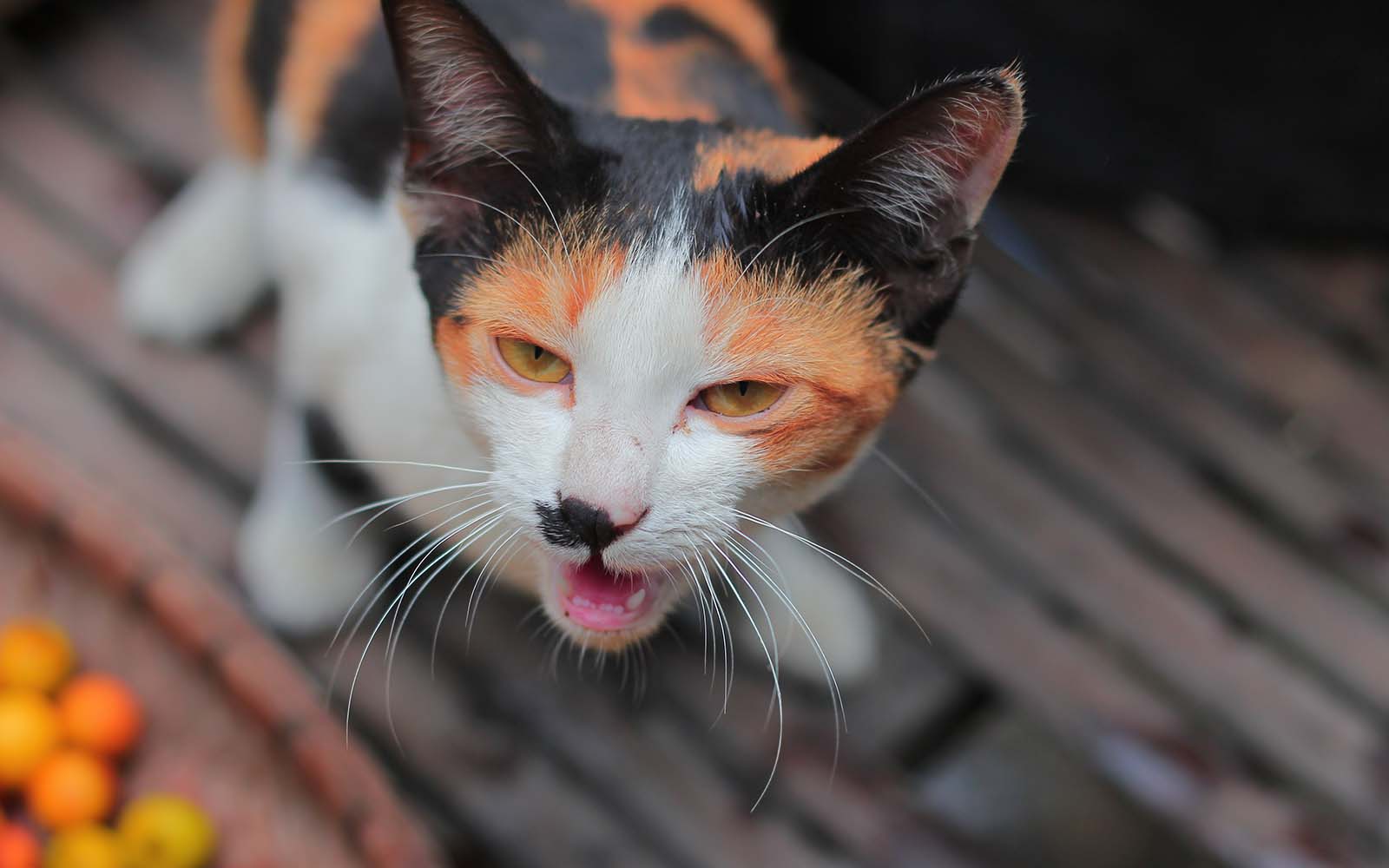
If you have cats at home, you might have noticed that, aside from their adorable behavior, they sometimes become sluggish or suddenly start vomiting, which can be worrying. When this happens, it's natural to feel unsure of what to do or why it's happening. While occasional vomiting might not be a big deal, frequent vomiting could indicate issues with their diet or overall health. In this article, we'll explore some common causes of vomiting in cats and provide some tips on how to care for them.
Diet-Related Issues
Cats can vomit if they eat something that doesn’t agree with them, like toxic plants or spoiled food. They might also throw up if they eat too much or swallow something that blocks their digestive tract. Another common cause is hairballs—cats often ingest hair when they groom themselves, and this can lead to hairballs forming in their stomach, which they might vomit out. To prevent this, make sure your cat doesn't eat anything they shouldn't and monitor their food intake to avoid overfeeding.
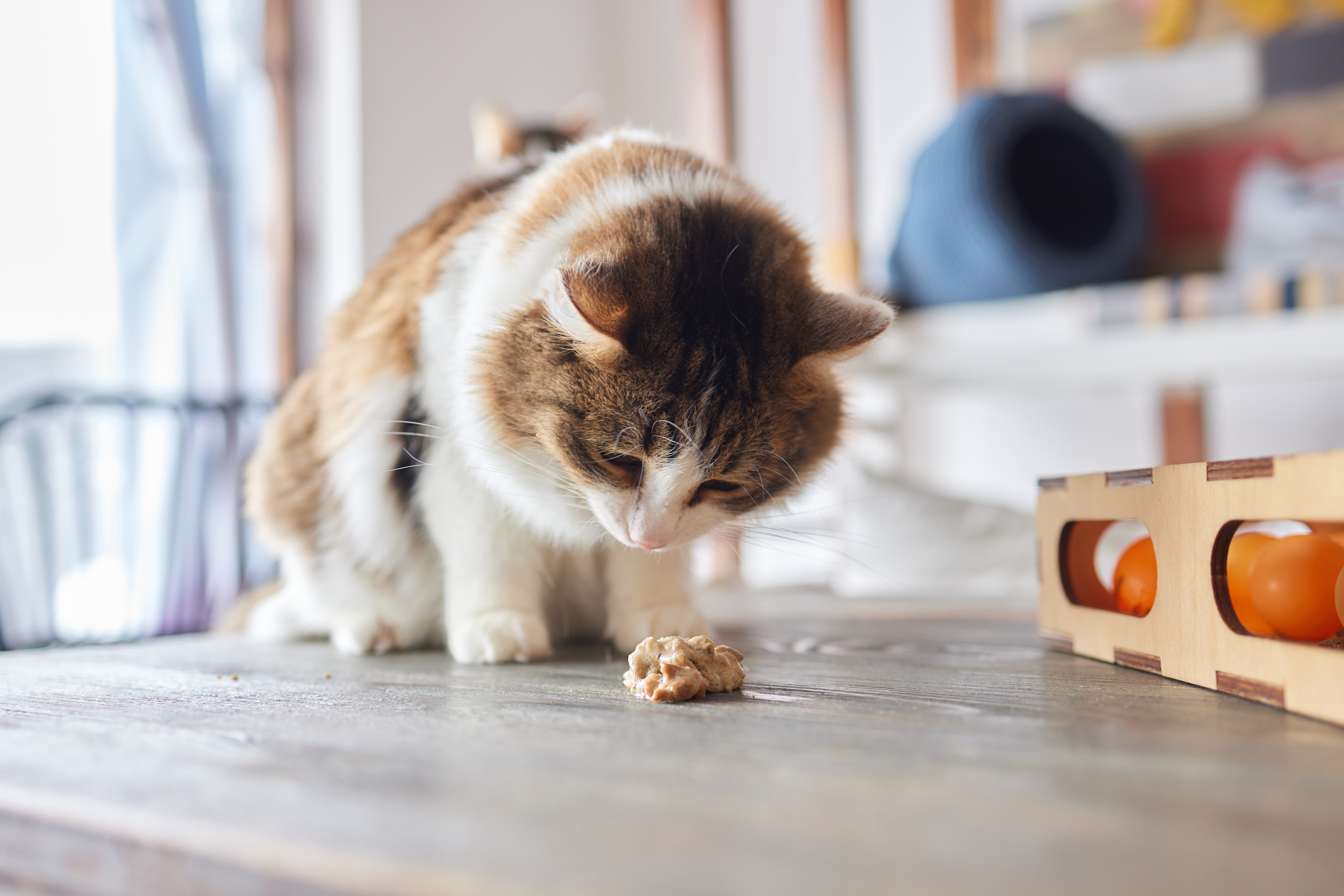
Health Problems and Parasites
Cats can also vomit due to gastrointestinal issues, kidney disease, or high blood pressure. These health problems can make your cat feel weak, cause weight loss, and lead to vomiting. Parasites, such as worms or other bugs in their digestive system, can also irritate their stomach and intestines, leading to vomiting. It’s important to consult a veterinarian for a proper diagnosis and treatment if you suspect your baby cat is unwell.
Preventing Frequent Vomiting
To reduce the chances of your cat vomiting, it's essential to groom them regularly to prevent hair ingestion. Frequent grooming and brushing can help reduce the amount of hair they swallow, lowering the risk of hairballs. When feeding your cat, offer small portions multiple times a day rather than a large amount at once to avoid overfeeding and potential vomiting. Also, keep their environment free of anything that could be harmful if ingested. Regular check-ups at the vet are crucial to monitor your cat's overall health and catch any potential issues early.
If your cat is frequently vomiting, losing weight, or not eating, it’s important to consider the tips mentioned above and consult a veterinarian for proper treatment. Taking these steps can help ensure your cat stays healthy and happy.
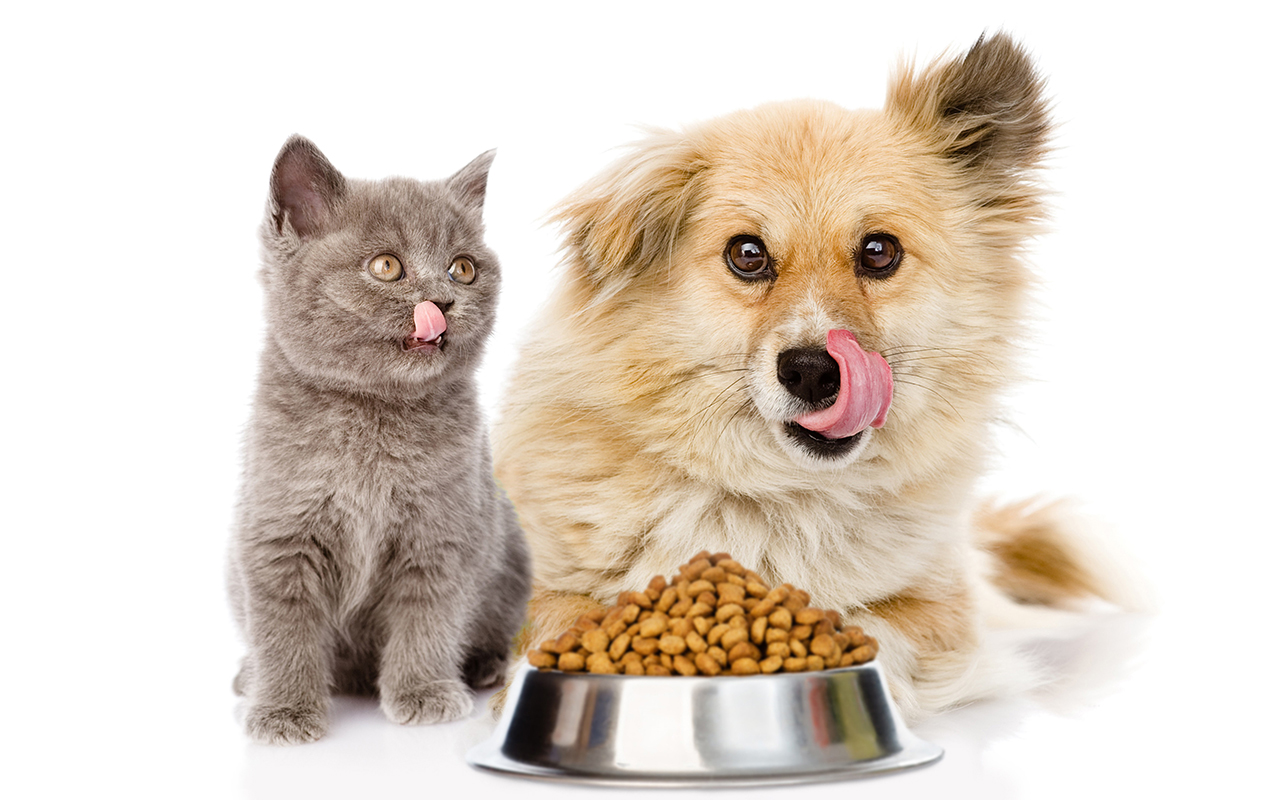
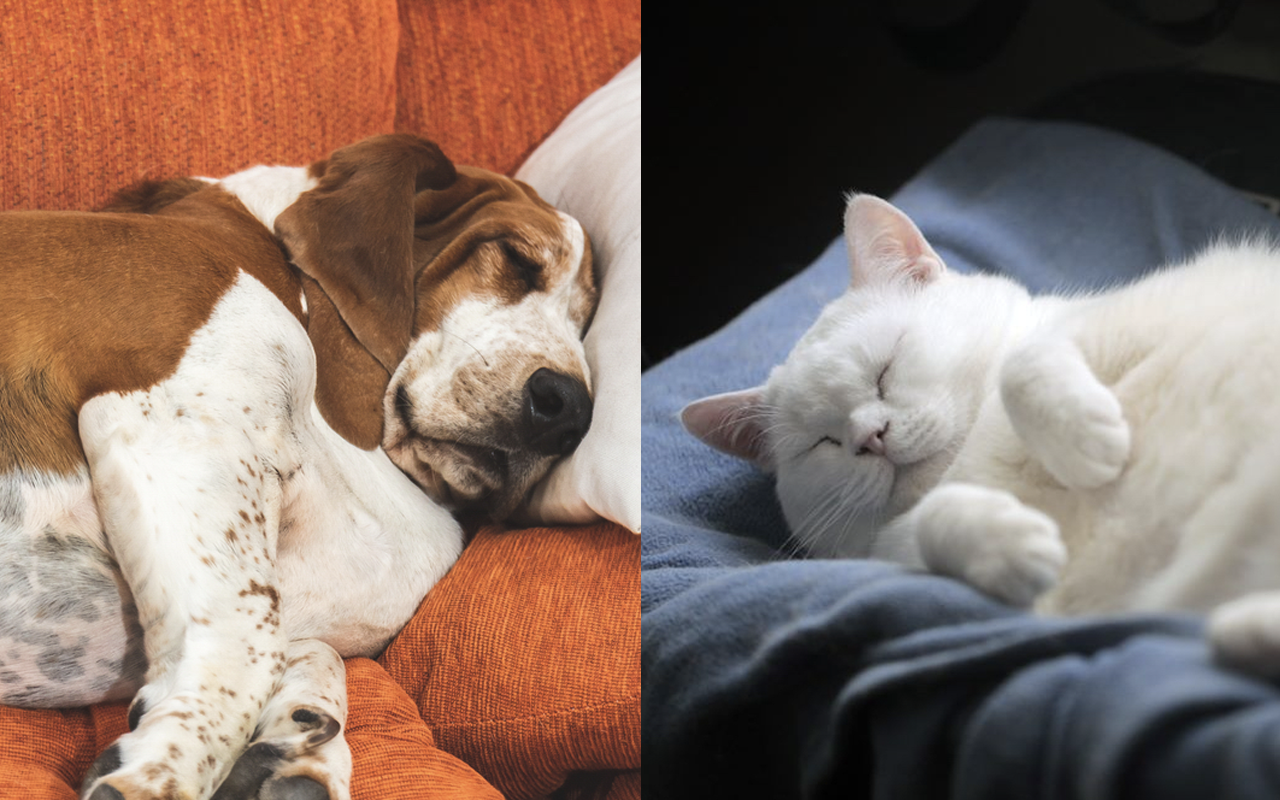
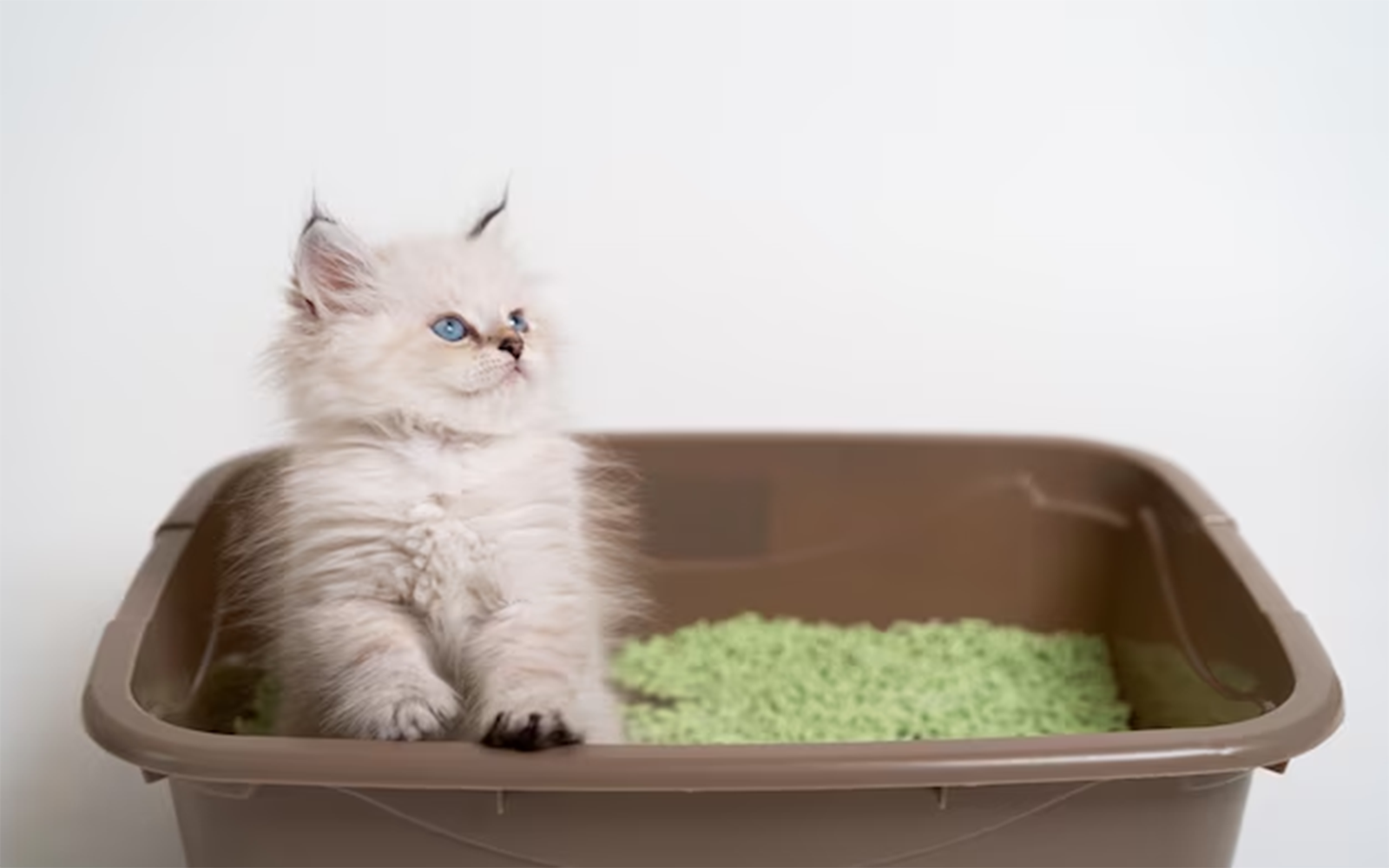

Comments